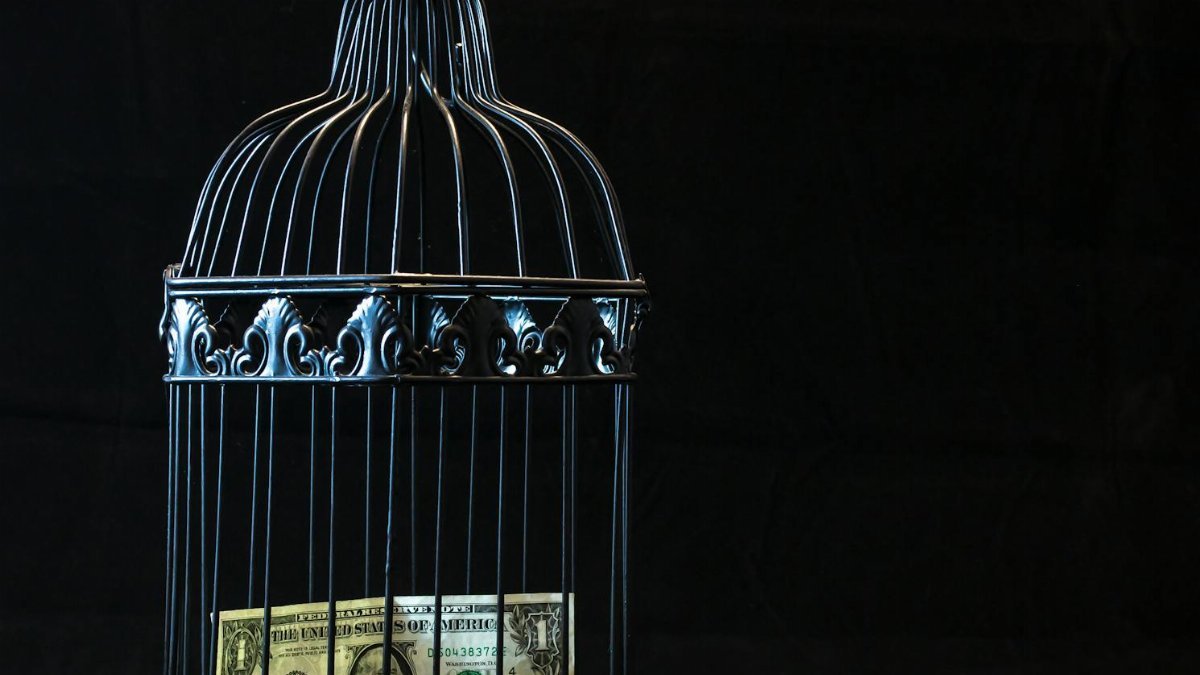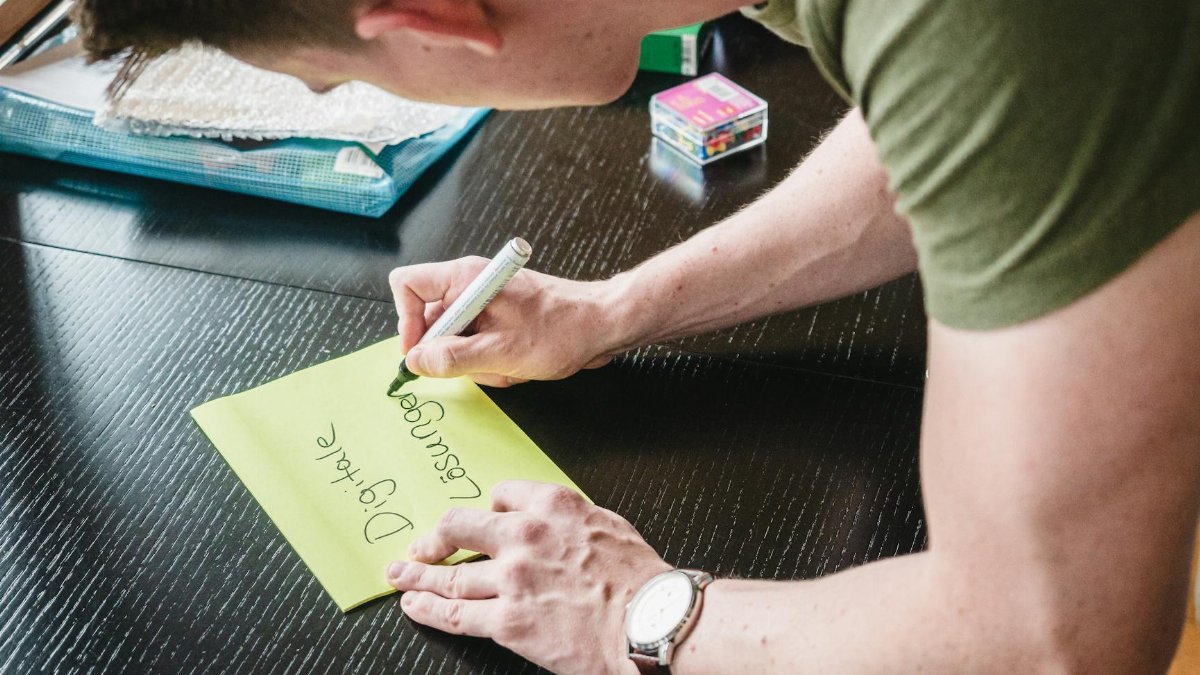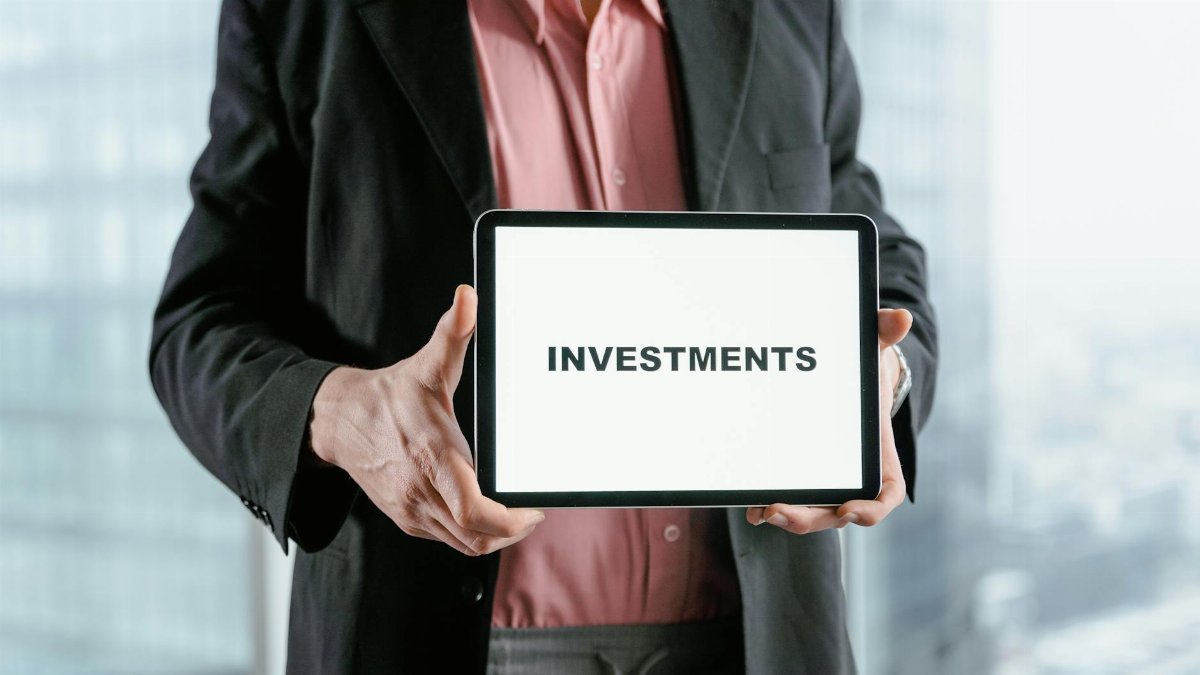Let’s start with a bold claim: capricorn rising burnout isn’t just an astrological quirk—it’s a quiet economic crisis reshaping how many Americans approach work and well-being. For those unfamiliar, this term often describes the relentless drive and pressure to achieve that’s associated with Capricorn rising, an astrological placement tied to ambition and structure. But when that drive collides with modern workplace demands, it can lead to exhaustion that’s not just personal but costly on a broader scale. From missed workdays to declining productivity, the ripple effects are real. As we navigate 2025, this phenomenon feels more urgent than ever, especially in a culture that often glorifies hustle at any cost. What’s behind this burnout? And could there be a way to reframe ambition that doesn’t drain us dry? Let’s unpack the forces at play and search for balance.
The Ambition Trap of Capricorn Rising

For those with Capricorn rising, life can feel like a steep climb with no summit in sight. Astrologically, this placement—where Capricorn sits on the ascendant at birth—often signals a personality wired for responsibility, discipline, and long-term goals. But there’s a shadow side. The constant push to prove oneself can morph into a grinding cycle of overwork. It’s not uncommon to hear stories of people who, driven by this inner compass, take on too much, only to crash hard. One person described it vividly in an anonymous online reflection: feeling like “a machine programmed for output, until the battery just died.” That image sticks—ambition as a power source that eventually shorts out. The question isn’t whether this drive is valuable, but how to sustain it without breaking down.
Burnout’s Economic Toll

Burnout isn’t just a personal struggle; it’s a measurable hit to the economy. The American Psychological Association estimates that workplace stress, a key driver of burnout, costs U.S. businesses up to $190 billion annually in healthcare expenses alone. Dive into reports from institutions like the American Psychological Association, and the numbers paint a stark picture. Lost productivity, absenteeism, and turnover pile up fast. For those with a Capricorn rising mindset—where work often defines self-worth—these costs can hit harder. When achievement becomes identity, stepping back feels like failure, even when health demands it. Companies notice the bottom line; employees feel the personal loss. It’s a vicious loop, and the data suggests it’s only getting worse as hybrid work blurs boundaries further.
The Cortisol Connection

Why does capricorn rising burnout feel so physically draining? Science offers some clues. Chronic stress floods the body with cortisol, the hormone tied to our fight-or-flight response. Over time, elevated levels wreak havoc—think insomnia, anxiety, even weakened immunity. Research from the Mayo Clinic highlights how prolonged stress can lead to burnout’s hallmark symptoms. For those wired to push through, as many with Capricorn rising tendencies are, ignoring these signals becomes second nature. But the body keeps score. A friend once shared how they’d power through 60-hour weeks, only to spend weekends unable to get out of bed. That’s not grit; it’s a warning. The challenge lies in recognizing limits before biology forces the issue.
Workplace Culture as Fuel or Fix

American work culture often pours gas on the burnout fire. The glorification of “rise and grind” mentalities rewards overextension, especially for those with a natural bent toward discipline. But some companies are waking up. Programs promoting mental health days and flexible schedules are gaining traction, as noted in studies by the Pew Research Center. These aren’t just perks; they’re survival tools. Imagine a manager telling a team, “Take the afternoon if you need it,” and meaning it. That’s rare, but it’s happening in pockets. For Capricorn rising types, who might resist such breaks as weakness, cultural shifts like these could be the nudge needed to recalibrate. The question remains: will enough workplaces adapt before more employees burn out?
An Economist’s Take on Solutions

Enter Dr. Emily Harris, a labor economist whose recent work offers a fresh lens on burnout. In a paper published through the National Bureau of Economic Research, she argues that burnout isn’t just a personal failing—it’s a market inefficiency. Her fix? Restructure incentives. Harris suggests policies like mandatory paid mental health leave and tax breaks for companies that cap overtime. For individuals prone to capricorn rising burnout, such systemic changes could ease the pressure to overperform. Picture a world where taking a day off doesn’t tank your career. It’s not utopian; it’s pragmatic. Harris’s data shows that rested workers produce more in less time. The hurdle is convincing policymakers and corporations to prioritize long-term gains over short-term output.
Redefining Success on Personal Terms

What if the antidote to capricorn rising burnout lies in rewriting what success means? Too often, achievement is measured by external markers—promotions, paychecks, praise. But for those caught in this cycle, internal metrics might matter more. Think small wins: setting boundaries, saying no, even resting without guilt. A colleague once admitted they started tracking “unproductive” hours as a badge of honor—proof they were prioritizing life over labor. That shift isn’t easy, especially for personalities inclined to climb every ladder in sight. Yet therapists and coaches increasingly advocate for this reframing, arguing that sustainable ambition requires self-compassion. It’s not about quitting the race; it’s about pacing yourself for the long haul.
The Social Ripple Effect

Burnout doesn’t stay contained—it spills into relationships. Families and friends often bear the brunt when someone’s reserves run dry. Irritability, withdrawal, or just plain absence can strain bonds. For those with Capricorn rising traits, who might already struggle to let others in, this isolation can deepen. One story stands out: a woman in her 40s shared how her relentless work focus left her kids feeling like strangers. “I built a career, but lost my connection,” she said. That regret cuts deep. On the flip side, strong support networks can be a buffer. Friends who check in, partners who encourage rest—these become lifelines. The trick is letting them help, which isn’t always intuitive for the self-reliant.
Finding Balance in 2025 and Beyond

As we move through 2025, the conversation around capricorn rising burnout feels poised for a shift. Awareness is growing, and with it, a hunger for solutions that don’t just patch the problem but rethink the system. Whether it’s policy changes, cultural evolution, or personal recalibration, the pieces are there. What’s missing is momentum. Individuals can start small—setting one boundary this week, taking one unapologetic break. Meanwhile, broader forces, from workplace reforms to economic incentives, could amplify those efforts. The stakes are high, but so is the potential. If ambition is a mountain, maybe the goal isn’t to conquer it, but to enjoy the climb without collapsing. That’s a vision worth working toward, one step at a time.
